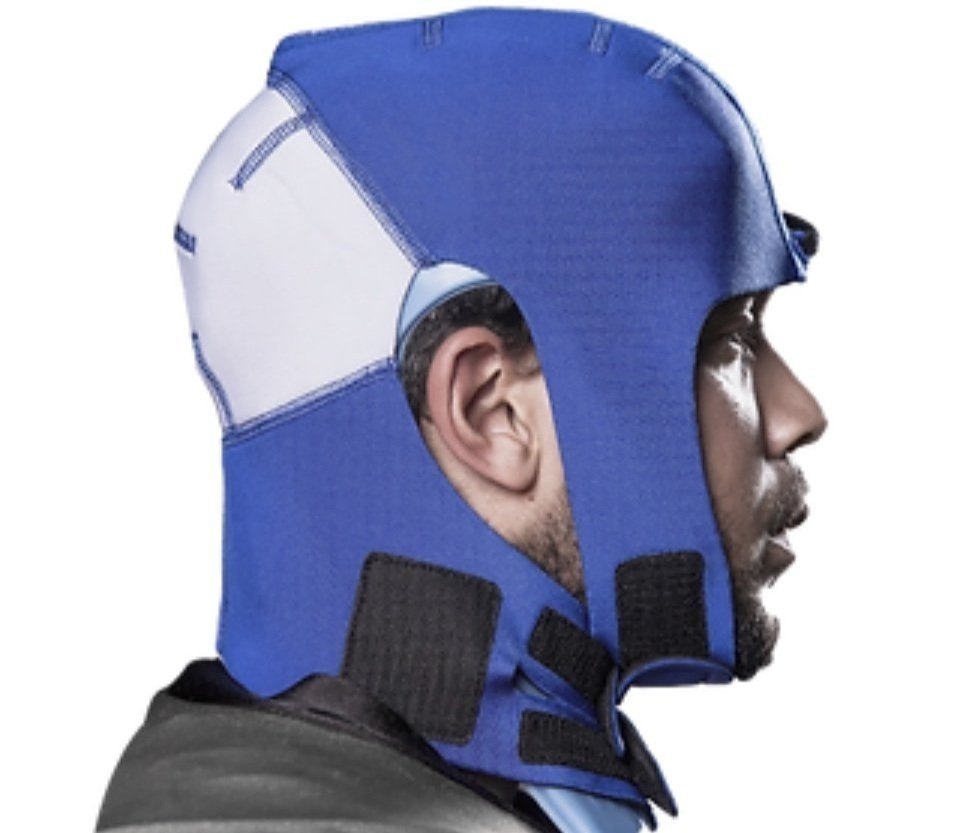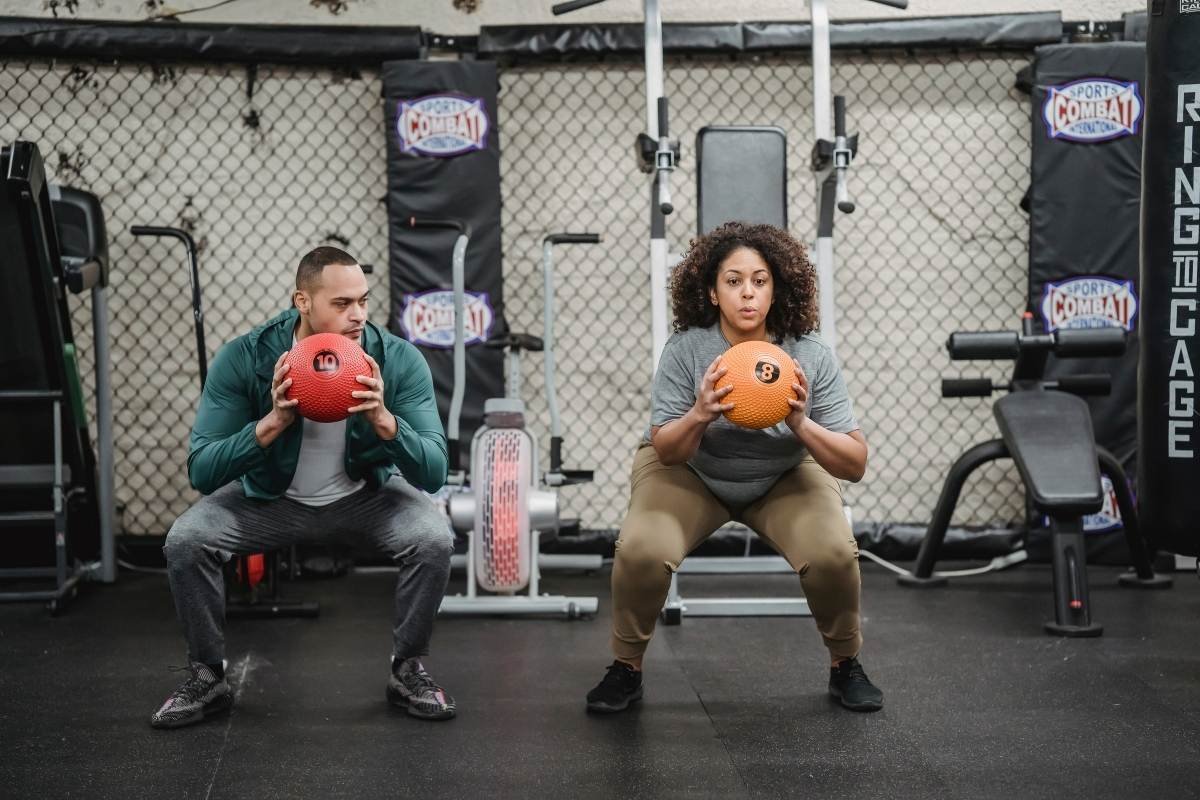Blog
Branched chain amino acids may expedite concussion recovery
A six-year study in the Journal of Neurotrauma explored the impact of branched chain amino acids (BCAAs) on concussion recovery in adolescents and young adults.
Excellent overview of vision therapy for concussion
Vision therapy may be valuable for those suffering vision problems after a mild traumatic brain injury (mTBI). Optometrist Maureen Oyaide-Ofenor explains the process of vision therapy in an article published in Optometry Times Journal.
Insights about sleep-wake disturbances after concussion
A review article by Stefanie Howell in the Psychiatric Times provides information to identify sleep-wake disturbances after traumatic brain injury (TBI), along with current diagnostic and treatment strategies. Although Howell writes generally about TBI (presumably of all severities), she notes that sleep-wake disturbances may develop after mild TBI (concussion), and several of the studies she references are specifically about mild TBI.
Do cooler heads prevail? A study using the PolarCap System shows cooling treatment results in shorter recovery time
A clinical trial published in the Journal of Neurotrauma found that Swedish male elite ice hockey players using the PolarCap System immediately following a sports-related concussion returned to play significantly sooner.
Graded cervical (neck) manual therapy may reduce risk of persistent symptoms for patients with neck pain
A study found that post-concussion neck symptoms were prevalent in patients experiencing acute and chronic symptoms following a concussion. Graded cervical manual therapy was found to “reduce time to symptom resolution and medical clearance.”
Veterans with chronic headaches interested in complementary and integrative medicine provided by the VHA
A study found that “veterans with chronic headache were very interested in combining alternatives, such as acupuncture, massage, yoga or tai chi, with mainstream medicine and that they were encouraged by the fact that alternatives exist to simply taking additional pharmaceuticals for pain.”
Excellent update to workers’ compensation TBI guidelines in New York
The New York State Workers’ Compensation Board has created new guidelines for Traumatic Brain Injury (TBI). While some areas could be updated to reflect a more current and nuanced understanding of brain injury, the guidelines include all best-practice treatment modalities and emphasize the case-by-case, highly patient-specific nature of the injury.
Tele-rehabilitation feasibility trial finds positive results comparable with in-person rehabilitation studies
A study by Josh Shore et al. found that a novel Tele-Active Rehabilitation (Tele-AR) program improved postconcussion symptoms, illness perception, and occupational performance (self-perception of performance in everyday living) in a small group of adolescents.
13.5% of mTBI patients had poor cognitive outcomes; predicting risk, referral to cognitive rehabilitation
According to a study published in Neurology, 13.5% of mTBI patients had “poor cognitive outcomes” (vs. 4.5 % in a control group) one year after a mild traumatic brain injury (concussion).
Health disparities and barriers to effective and proper migraine treatment
An article in Harvard Health Publishing breaks down new research on healthcare disparities faced by patients with headache disorders. Researchers Jessica Kiarashi et al. found significant disparities based on race, sexuality, socioeconomic status (SES), urban/rural geographic differences, and more.
Good resource on Meditation
Brainline recently highlighted their article on mediation in their Brain Injury and PTSD Treatment Hub. The article primarily has general information about meditation and references a few studies. When mental training and breathing techniques are combined, a person may be able to slow and calm down their mind.
Resuming physical activity 72 hours after concussion reduces symptoms and the risk of delayed recovery
A study has found that for youth ages 10 to 18, “Resuming non-contact physical activity 72 hours after a concussion is safe, and may also reduce symptoms and the risk of delayed recovery,” according to a CHEO Research Institute press release.
Treat acute post-concussion dizziness to promote physical activity and improve recovery, a new study suggests
Gradually increasing physical activity is now accepted as an “important aspect of appropriate clinical management.” However, post-concussion dizziness in the first weeks after a concussion reduces a patient’s propensity for physical activity and may potentially hinder recovery, a new study finds.
Review article analyzes pathophysiology, patient care of post-concussive dizziness
Over 1 million people report having mild traumatic brain injury or concussion (mTBI) per year. The second most persistent symptom reported is dizziness, ranging from feelings of “giddiness” to vertigo. A review article discusses the potential pathophysiology of dizziness and recommendations for patient care.
Sleep quality may explain the connection between mood dysregulation and neurodegeneration following TBI
A study by Jackie L. Gottshall et al. found that poor sleep quality may be an "important driver of the relationships" between common post-mTBI neuropsychiatric disorders—major depressive disorder (MDD), post-concussive symptoms (PCS), and post-traumatic stress disorder (PTSD)—and biomarkers of neurodegeneration.
Excellent breakdown of post-traumatic headache
An article published on Verywell Health provides a well-written overview of the symptoms, causes, diagnosis, and treatment of post-traumatic headaches (PTH). These headaches typically stem from traumatic brain injuries, including concussions, the most common causes of which are falls, automobile injuries, sports injuries, and domestic abuse.
Study finds persistent balance and vision impairments in patients four weeks to six months after concussion at similar rates regardless of self-reported symptom presence
A study found that over half of participants had persistent sensorimotor impairments at four weeks to six months after suffering a mild traumatic brain injury (mTBI). The authors note that “These disturbances were evident regardless of whether ongoing symptoms were reported,” including those patients who said they were asymptomatic.
Post-concussion return to play injuries reduced for athletes who received neuromuscular training, Colorado study finds
According to a preliminary research study published in the American Journal of Sports Medicine, an 8-week neuromuscular training (NMT) intervention on sports-related injuries of young athletes may lead to a 3.5 times lower risk of injury when they return to play post-concussion.
Improving sleep and sleep-related outcomes in veterans with and without a head injury
Veterans with or without a history of head injury are encouraged to participate in a remote study to learn about how receiving bright light or negative ions in the morning might affect sleep in veterans of all ages.
FDA grants breakthrough device designation to hypothermic therapy for concussion
In an effort to improve current unmet medical needs for athletes, the US Food and Drug Administration (FDA) has approved a non-invasive hypothermic therapy device intended to decrease the severity of concussion symptoms and help patients get back to their pre-injury baseline.




















